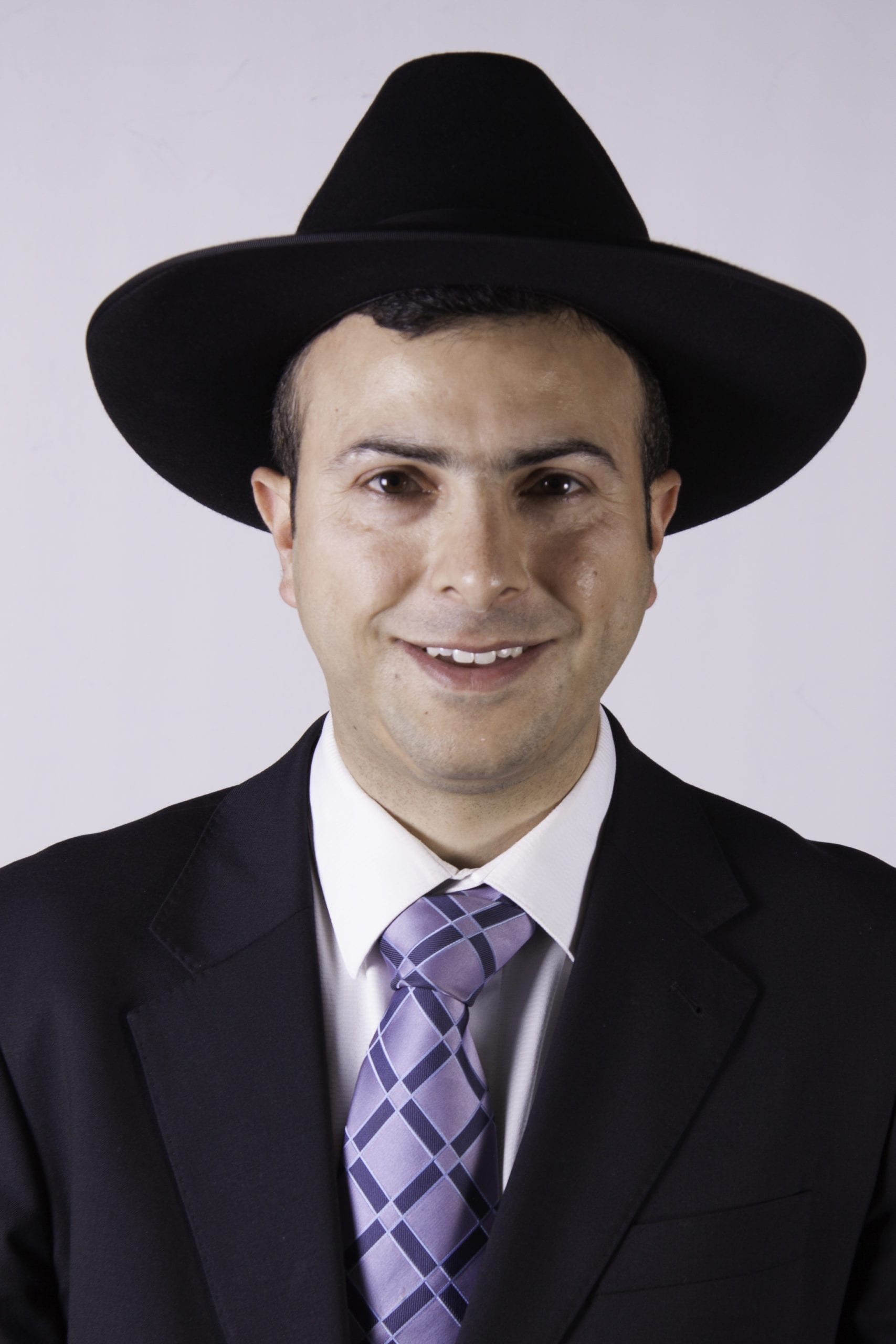
We commonly assume that the Hebrew word “Kadosh” means “holy.” However, the Torah calls a harlot “Kedesha” (Gen. 38:15, 21), even though such a person doesn’t exactly fit anyone’s definition of holy. The commentators explain that “Kadosh” means separate, set aside or wholly designated for a specific purpose. So a “Kedesha” refers to a woman who has separated herself from moral behaviour and has designated herself to immorality.
When we recite Kedusha during the repetition of the Amidah, we are expressing the fact that Hashem is entirely separate from the mundane world, as we attempt to raise ourselves out of materialism and cleave to Him (raising ourselves on our toes being a physical expression of this).
This week’s Parasha is full of advice as to how to keep our souls holy. Yehuda sends his servant to pay the harlot that he had encountered (all the while unaware that she was his daughter-in-law, Tamar) and retrieve his items he had pledged. The servant asks the passers-by “where is the Kedesha (harlot) that was at the Enayim (crossroads),” (Gen. 38:21) but he is unable to find her.
The Yeshuot Malko expounds the verse as a lesson to those who wish to be holy and become close to Hashem. The verse is stating “Where is the place to draw upon oneself a spirit of holiness and purity, or G-d forbid, to draw upon oneself a spirit of impurity – [only] the eyes!”
When a person guards his eyes from seeing sights that are contrary to Jewish standards of modesty, he draws a spirit of holiness upon himself. When he looks at forbidden things, he draws impurity upon himself and breaks his connection with Hashem. The Neshama gives life to the entire body, but it has a direct link and interaction with the physical world through the eyes. Other stimuli that are taken in through the other senses such as hearing, are processed by the body before they reach the Neshama and so have less power to bring bad or good upon a person.
Yosef Hatzadik excelled in this behaviour as he fought against the temptations, pressure and threats of Zulaicha, the wife of Potiphar. Since he would not succumb, she tried to get him to compromise. So the Kli Yakar explains the verse “to lie beside her, to be with her,” that she asked him just to lie down in the same room during the day, but he refused. “…To be with her,” Rashbam explains that he would not enter the house when she was alone and the Ibn Ezra explains that he would not even talk to her. Rashi adds that he was afraid of “being with her” in Gehinam (hell) in the next world.
This is taught in Pirke Avot “do not speak excessively with the wife. Regarding one’s own wife they said this, how much more careful should one be with another man’s wife. …and whoever speaks excessively…causes damage to himself, wastes Torah learning time, and enters Gehinam.”
When Yaakov is brought the blood-stained coat of Yosef, he exclaims “a wild beast ate him!..I must go down to my son to Sheol (the grave).” Rashi explains that Yaakov is in fact hinting that his son is at risk from Zulaicha, whom he calls the “wild beast,” and that Yaakov would have to send down his mystical image to the impure “grave” of Egypt, in order to help his son. The Ben Ish Hai says that a man cannot be 100% successful in defeating his Yetzer Hara unless he is married, so we can suggest that Yosef needed the miracle of seeing an image of his father appear to him in order to miraculously aid him in defeating this challenge.
Sforno says that he also had to run out of the house rather than walk, in order to have the energy to defeat the temptation. Running could have made him look foolish or even guilty, but he followed the dictum of Chazal “better to look a fool in the eyes of man your entire life than to be evil in Hashem’s eyes for even a second.”
Yosef’s reward for succeeding in his challenge was that he became the King/Viceroy of Egypt, second only to Pharaoh. The Kli Yakar explains that this “escape” from Zulaicha caused him to escape his bad Mazal and henceforth rule over his Mazal. The commentators teach that all men who guard their eyes are rewarded with the character traits that Kingship requires.
The Gemara Ketubot 30a states that even though we have no death penalties since the destruction of the temple, an adulterer, for example, will meet his end by drowning or choking (strangulation being the relevant penalty in temple times). Hence we see that the immoral generation of the flood were drowned in Noah’s time.
The Kli Yakar learns that Yosef’s purity created the opposite response to drowning when the Sea of Reeds split. The verse says “the sea fled,” when it sensed the coffin of Yosef being carried through the sea as the Jews entered. This was his reward for fleeing from Zulaicha. Conversely, as the immoral Egyptians entered the sea, they received the relevant punishment of drowning for their behaviour.







